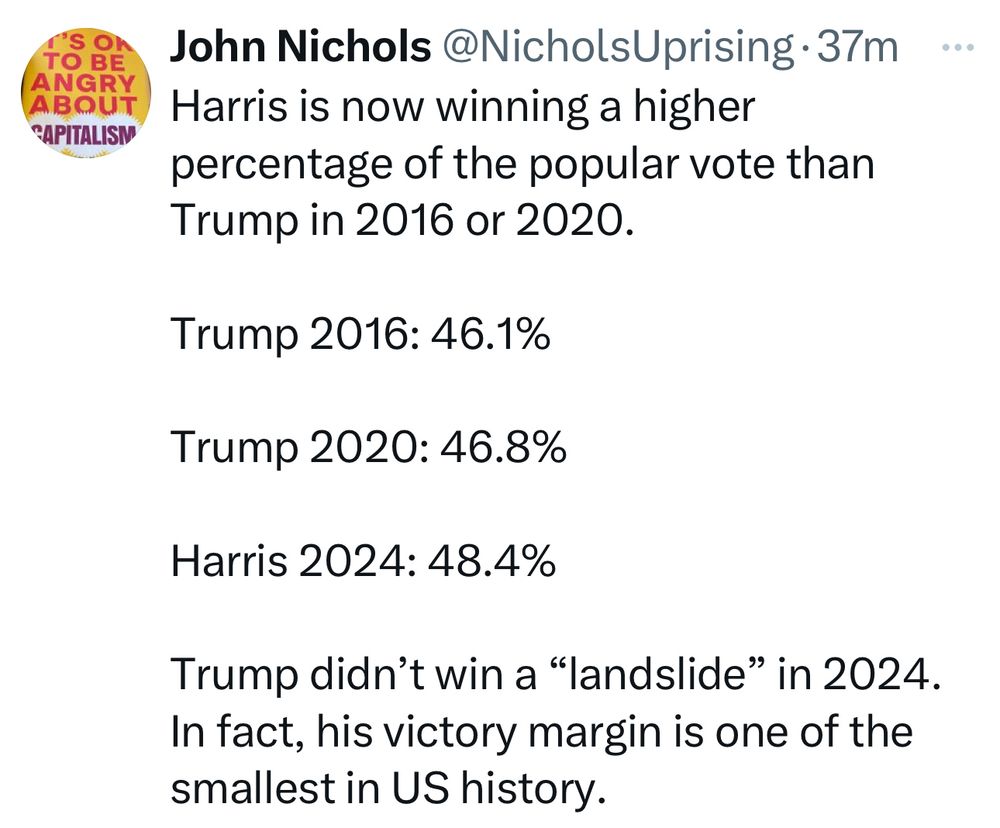Historian, sometime journalist, retired actually
Nelson Lichtenstein is an American historian. He is a professor of history at the University of California, Santa Barbara, and director of the Center for the Study of Work, Labor and Democracy. He is a labor historian who has written also about 20th-century American political economy, including the automotive industry and Wal-Mart. .. more


Reposted by Nelson Lichtenstein

www.publicsource.org/pitt-graduat...
Reposted by Nelson Lichtenstein

Reposted by Nelson Lichtenstein
I think @nelsonlichtenstein.bsky.social's book does a great job of showing why that was. I like how he notes that, after the fall of the Wall, lots of otherwise reasonable people decided capitalism must be the best because it beat the Soviets.
Reposted by Nelson Lichtenstein
Reposted by Nelson Lichtenstein

Reposted by Nelson Lichtenstein
Reposted by Nelson Lichtenstein
Reposted by Nelson Lichtenstein

Read in LABOR: doi.org/10.1215/1547...




